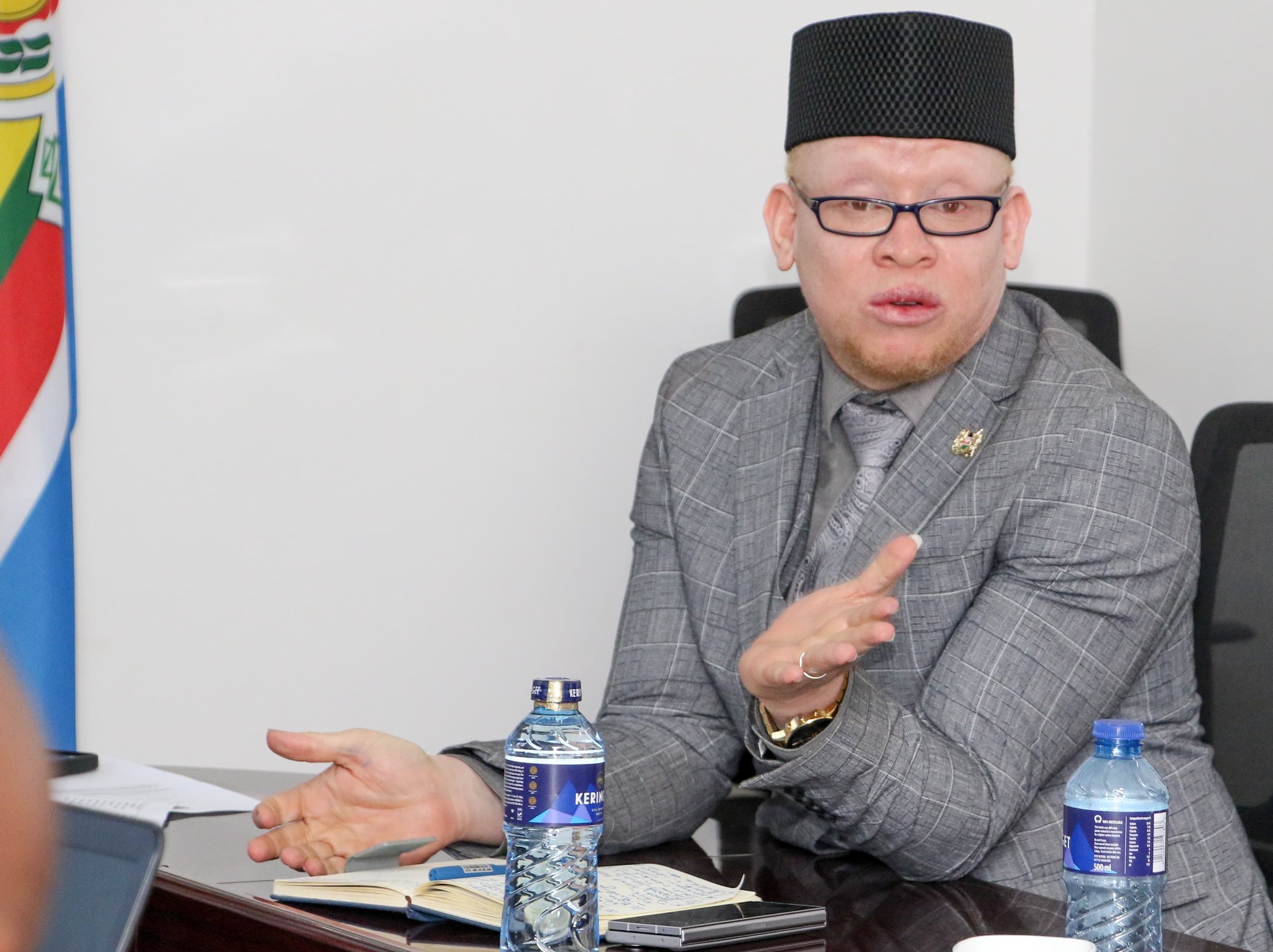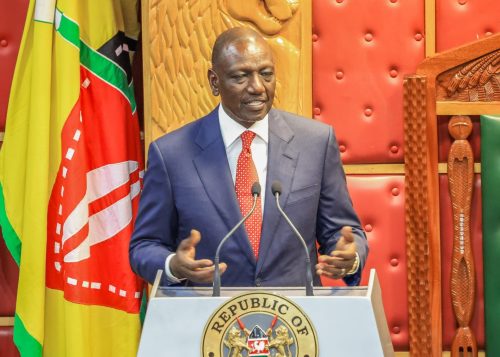Isaac Mwaura defends Kenya Kwanza after critics pointed out gaps in Ruto’s State of the Nation address

Government Spokesperson Isaac Mwaura has defended the Kenya Kwanza regime following what critics said are gaps in President Ruto’s State of the Nation address.
In his address delivered at parliament’s building on Thursday, November 21, 2024, Ruto highlighted what he said were achievements realised under his government. However, his speech was subjected to scrutiny, and his claims, especially in the milk sector, were highly analysed.
Defending the president, Mwaura stated that what critics, led by a local TV station, said were inaccurate, misleading, and unwarranted.
“The truth is that Kenya’s milk production increased by 14 per cent to 5.2 billion litres in 2023, as stated by President William Ruto, with projections to surpass six billion litres this year.
“Our dairy sector is a key value chain of the Bottom-Up Economic Transformation Agenda (BETA) and is experiencing unprecedented growth. Earlier this year, Kenya became Africa’s leading dairy producer, overtaking Egypt. Dairy production increased by 16.4 per cent, while the value of dairy exports rose by 49 per cent, from Ksh4.9 billion to Ksh7.3 billion, significantly boosting our foreign exchange earnings.
“Additionally, the number of dairy cooperative societies grew by 11.8% to 770, meaning our dairy farmers are now more organized in Saccos, enhancing their capacity to maximize their benefits,” Mwaura said in a statement released on Friday, November 22, 2024.

Benefits to farmers
The spokesperson also cited what he said is an indication that the manufacturing sector witnessed growth, against critics’ claims.
“The 2024 economic survey indicates that the manufacturing sector recorded a two per cent growth, primarily driven by the expansion of dairy processing. Importantly, farmers are now benefiting from a Guaranteed Minimum Return (GMR) of Ksh49 per litre of milk, way above the gazetted minimum return of Ksh33. This is living our campaign promise of Kazi ni Kazi, Pesa Mfukoni, by putting more money in the pockets of dairy farmers,” he added.
The former nominated senator added that livestock insurance coverage has expanded significantly, rising from 78,175 insured animals in 2022 to 503,469 in 2023.
“This substantial 85 per cent increase in livestock insurance coverage is key in providing farmers with vital protection against losses, especially during droughts and floods,” he concluded.









